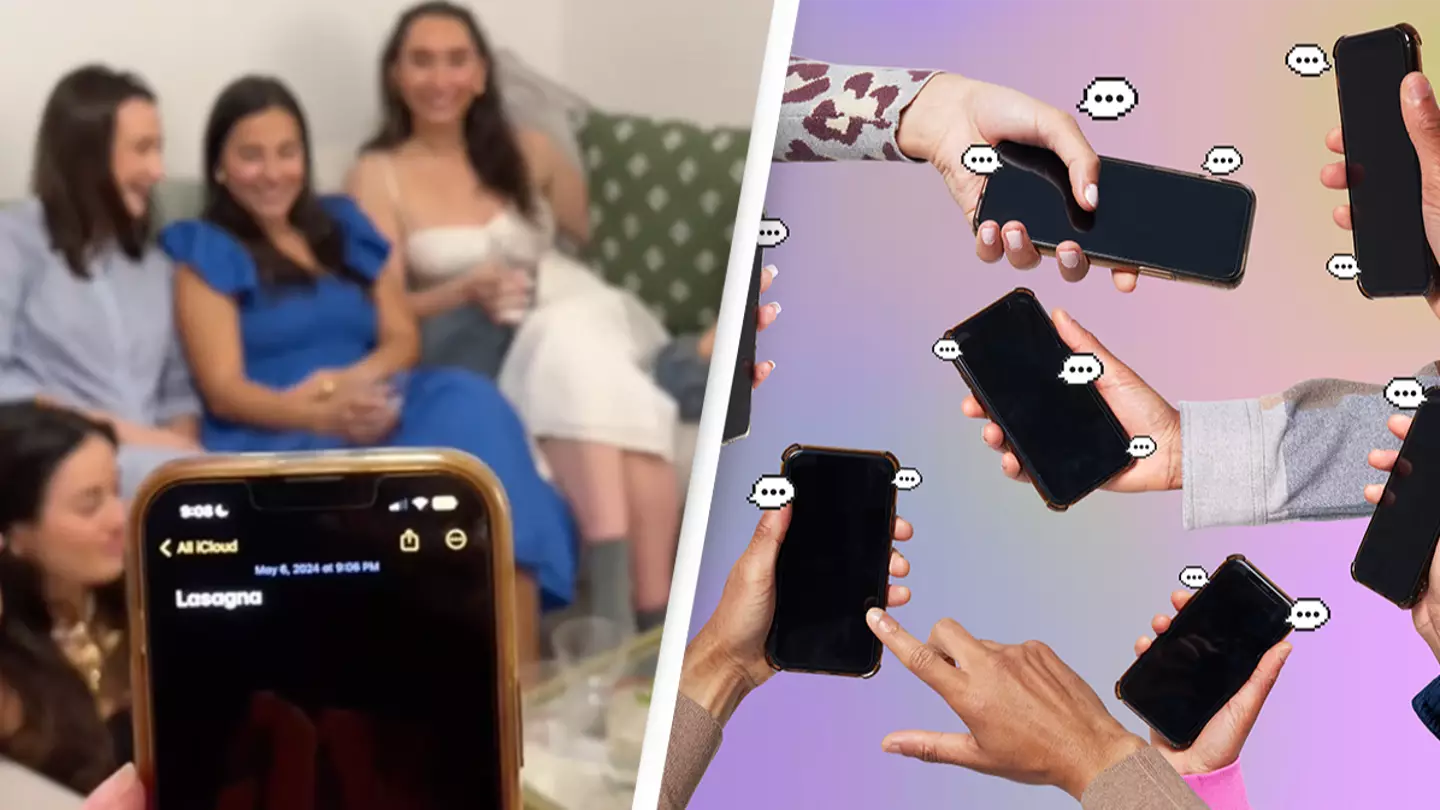
Gen Z is known for its innovative and abstract speech, using language that is likely to confuse and perplex older generations and members of Gen Z who might not be in on the joke.
While young people have been creating their own slang for generations, Zoomers have become synonymous with using distinctive and strange lingo due to the generation’s domination over the internet.
It’s easy to see that the internet has revolutionized the way that society interacts with each other, and since Gen Z grew up in a world where the internet is easily accessible, it means slang can travel far and wide across the globe.
However, this doesn’t mean that slang can’t still originate from friend groups at a very small scale, as this is still where a lot of Gen Z’s humor and lingo originates from.
This has been displayed in a recent TikTok trend where groups of friends or siblings quiz each other on their own lingo, most of which emanates from some sort of inside joke that has grown into a regular part of their personal vocabularies.
Advert
These terms, which are collectively known as 'Friend Dictionaries' by people online, can sometimes be more understandable than others.
Advert
In one TikTok featuring two siblings, understandable phrases such as 'Feel it in your bones' – explained to mean anxious to the point of having a physical response – were joined by much more specific lingo like 'Pain au Chocolate' –which means having a stomachache after eating way too much food.
This phenomenon was explained by linguist Nicole Holliday, who works as an assistant professor of linguistics at Pomona College when she spoke to NBC News about the trend.
“Any community of people that have regular interactions with each other will come up with shorthand or references to previous events,” Holiday explained, “It’s establishing your closeness or your role in the community. I’m in on the joke. You’re in on the joke.”

Advert
The TikToker who shared the initial video of her and her sister quizzing one another, Chelsea Lefkowitz, echoed Holiday’s general sentiments when discussing her and her sister’s shared 'dictionary' with NBC.
“I feel like it’s kind of a universal experience that most sisters or siblings or best friend duos can relate to, it’s kind of instinctual,” Lefkowitz explained.
“We have a shared background. It’s easy for us to develop inside jokes and references and we kind of have that unique way of communicating.”
While it’s common to see new and unfamiliar vocabulary being used by the masses online, the origins of these terms can often be traced back to a few friends using the terms to reference something from a shared experience.
Advert
Holiday continued: “It’s reminding you of the previous experiences that you’ve had together, which also sort of then facilitates the closeness of the relationship.”
Topics: TikTok, Weird, Social Media
